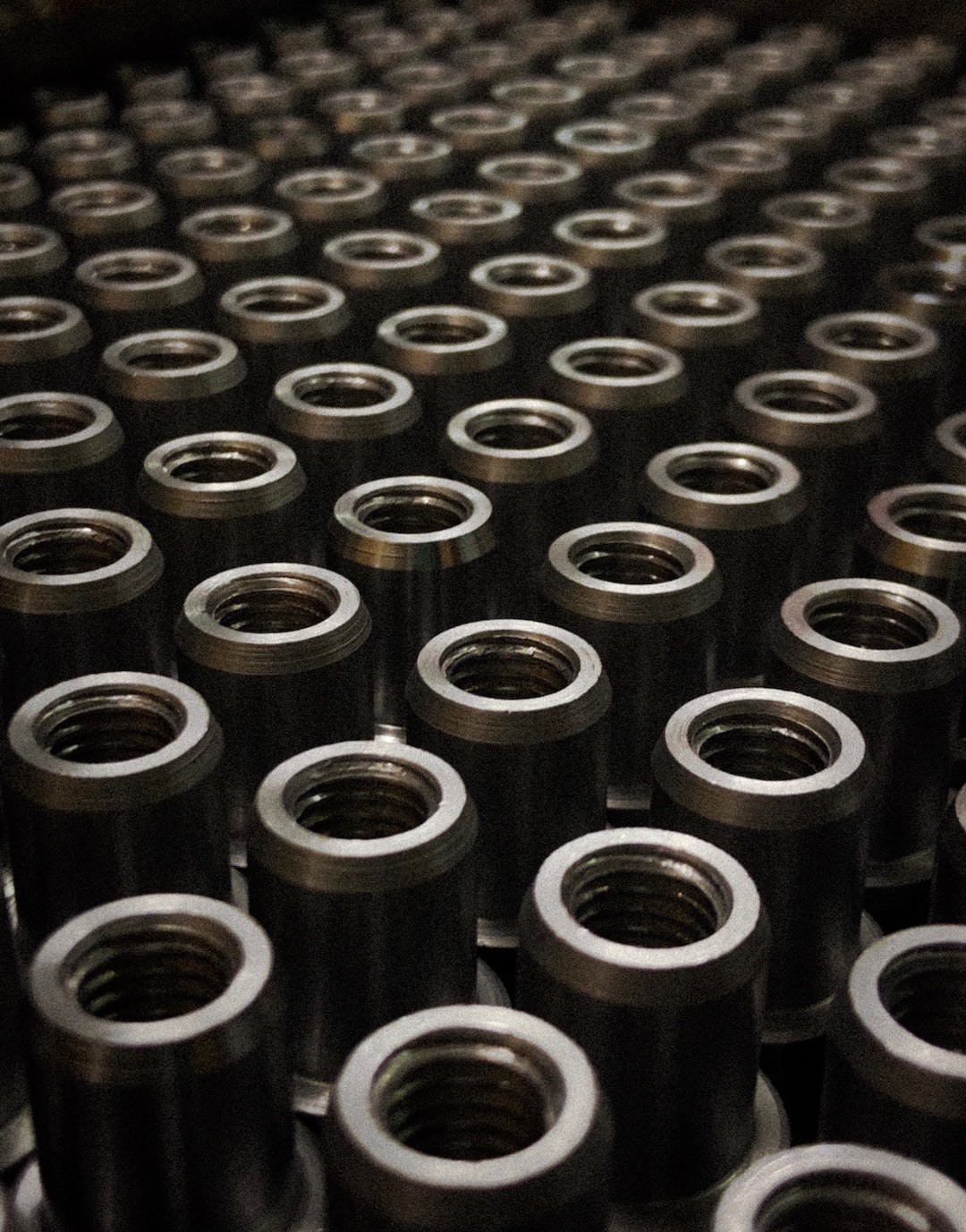In today’s fast-paced and highly competitive business world, manufacturers are constantly looking for ways to improve efficiency and optimize productivity. With the advent of Industry 4.0, a new wave of technological advancements is emerging, offering innovative engineering solutions to enhance manufacturing processes. In this blog post, we will explore some of these solutions and discuss how they promote efficiency in manufacturing.
One of the key components of Industry 4.0 is the integration of digital technology into manufacturing processes. By implementing advanced automation systems, manufacturers can streamline operations and reduce human errors. For example, robotic arms can be employed for repetitive and labor-intensive tasks, such as assembly line processes. These robots can work around the clock without fatigue, leading to higher output and improved efficiency.
Another engineering solution that enhances efficiency in manufacturing is the implementation of artificial intelligence (AI) and machine learning algorithms. AI-powered systems can analyze vast amounts of data in real-time to identify patterns and anomalies, leading to improved decision-making and proactive maintenance. This can significantly reduce downtime, optimize resource allocation, and improve overall productivity.
In addition to automation and AI, the Internet of Things (IoT) plays a crucial role in enhancing efficiency in manufacturing. IoT-enabled devices can collect and transmit data from various sensors and machines, enabling manufacturers to monitor and control operations remotely. This real-time monitoring allows for quick identification and resolution of issues, preventing delays and disruptions. Furthermore, predictive maintenance can be implemented, where IoT devices continuously monitor equipment performance and predict potential failures before they occur. This proactive approach not only minimizes downtime but also helps optimize maintenance schedules, maximizing the lifespan of machines.
One of the challenges faced by manufacturers is the need to respond quickly to changing customer demands. This is where additive manufacturing, or 3D printing, comes into the picture. 3D printing allows for rapid prototyping and customized production, eliminating the need for large inventories and reducing lead times. Manufacturers can now produce complex parts on-demand, reducing waste and increasing agility in responding to market demands.
Collaborative robots, or cobots, are another engineering solution that is revolutionizing the manufacturing industry. Unlike traditional robots that operate in isolation, cobots can work alongside human workers, enhancing their productivity and safety. These robots are designed to be easily programmable and adaptable to various tasks, making them ideal for small batch production or processes that require human dexterity. By delegating repetitive and mundane tasks to cobots, human workers can focus on more complex and value-added activities.
The integration of virtual reality (VR) and augmented reality (AR) technologies into manufacturing processes is another exciting innovation. VR and AR systems can provide virtual training simulations and interactive work instructions, reducing training time and minimizing human errors. These technologies can also be used for remote collaboration, where experts can guide and troubleshoot issues from a different location. By leveraging VR and AR, manufacturers can enhance efficiency and improve the skillsets of their workforce.
In conclusion, Industry 4.0 introduces a wide range of engineering solutions to enhance efficiency in manufacturing. With automation, AI, IoT, 3D printing, cobots, and VR/AR technologies, manufacturers can streamline operations, reduce downtime, respond quickly to customer demands, and improve overall productivity. However, it is important to note that successful implementation of these solutions requires careful planning, investment in infrastructure, and continuous training for the workforce. With the right strategies and engineering solutions, manufacturers can stay competitive and thrive in the era of Industry 4.0.


